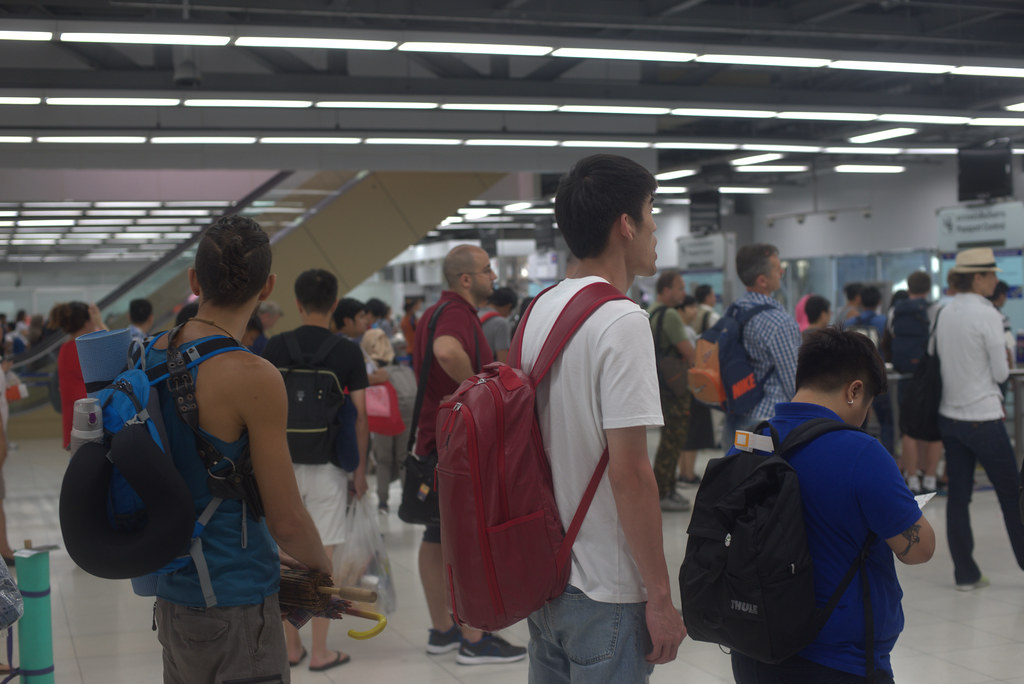Back in March 2019, a legal act known as TM30 meant that foreigners in the country of Thailand had to report their location during their stay. This including people visiting, working, and even living in the country. Many took this move as shocking, especially since failure to comply and declare their location can result in involvement with law enforcement.
This act has sparked the conversation of how Thailand’s immigration policy is becoming stricter, and what this means for people and travelers around the world. In today’s guide, we’re going to find out more about what you need to know.
Getting Started
In regards to TM30, the rule basically states that the owner and/or leaseholder of any property must report any foreigners who are present and stay overnight. These declarations must be made with 24 hours. This includes anyone who’s running a private accommodation property or a business such as a hotel or a hostel.
If you don’t report who’s in your property, this can result in a fine of 800 to 2,000 Bahts, and the individual foreigner(s) involved can face issues trying to sort out and deal with their work permits or future travel access.
Why Is This Happening?
The problem in Thailand is that terrorism is on the rise in the whole of South East Asia, which is why several countries in this area have enacted even stricter rules, such as in countries like Vietnam. These countries have been even more proactive in choosing where visitors can go and choose to stay pre-approved lodgings detailed by the government.
This is because criminals have been reported staying in lodgings, which is the area of hospitality the government is trying to crack down on. As above, all hotels and private forms of accommodation need to obtain copies of passports and personal details every single night someone stays, and while businesses like official hotels are easily checked on, there are private accommodations that can easily pass under the radar.
This is the kind of practice the government is trying to crack down on and sort out.
There are some exceptions to the rules. If you’re a permanent resident of Thailand, or your visit sits outside the 90-day reporting process clause, you may not need to register. If you have diplomatic status or a special branch of work permit in some of the special categories, you will also be exempt from the process. If you’re planning on traveling to Thailand, it’s always worth checking your own individual circumstances to ensure you stay within the boundaries of the law.
What Does This Mean?
Well, while it’s true that Thailand is cracking down and making immigration harder, this is for the best interest for the Thailand country, and if you’re planning on traveling there yourself, simply follow through the process and educate yourself on the current laws before you travel and you’ll be fine and can ensure you won’t run into any problems.
All you need to do is register in any of the three possible places; the Immigration Department, The Change Wattana office, or online, and you’ll be good to go!






